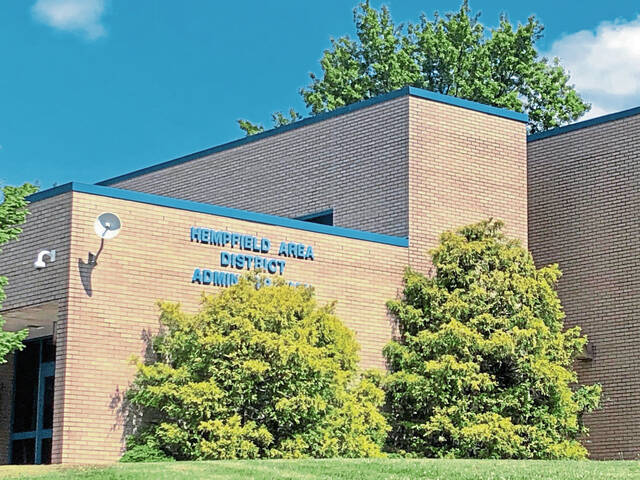Compliance is the term for acknowledging the rules and following them.
You see the stop sign. You gently step on the brake pedal as your car approaches it. You note the speed limit and set your cruise control accordingly.
But malicious compliance is different. It’s technically following the letter of the law. It just does it in a way that crushes the spirit.
You pay your taxes — with a wheelbarrow of pennies. Your boss tells you to just do what you’re told — so you don’t point out that he made a costly error.
It’s the kind of thing that sounds delightful shared over a beer with friends or spread about on social media. But when you’re the co-worker or the innocent bystander caught up in it, the actions can be less amusing.
And that includes when it happens with government.
Some municipalities, school districts and other agencies can embrace the bureaucracy of nitpicking. It often happens with laws they don’t want to follow. It can lead to following those laws in the least constructive way possible.
Take Pennsylvania’s Right to Know Law, for example. A request is submitted. The information is readily available, yet the request is denied, triggering an appeal and a period of time for compliance, etc. What should have taken five minutes takes a month or more. It’s completely legal and follows the letter of the law. It maliciously stomps on the spirit.
Then there are public meetings.
The Sunshine Law tells us what meetings must be open. It says how those meetings must be advertised. It also says there must be public comment. The people have a right to talk about things that “are or may be before the board.”
But the council or agency in question is allowed to set rules. How long the speaker can talk is one of those.
Another is whether the elected officials will answer.
Hempfield Area School District is making changes in February that include splitting the two monthly meetings into one that will be a non-voting discussion session and one where all votes will be cast. It is also reverting to earlier pre-pandemic rules that all public comment will be a one-way street. The board will not respond to questions.
Hempfield is not the only body to do this. It’s fairly common. That doesn’t mean it is a good idea.
The Sunshine Law allows it. Boards are only required to hear comment, not respond. However, that doesn’t give the community any assurance that concerns are being heard.
“Answering questions can demonstrate a commitment to helping constituents and, in many cases, answering questions informally at a public meeting can reduce future requests under the Right-to-Know Law, which saves time and money for both the agency and the commenter/requester,” the state’s Sunshine Law website states.
So Hempfield’s plan — and the similar actions of other municipalities, districts and boards — is completely compliant. It’s just also a little bit malicious.








